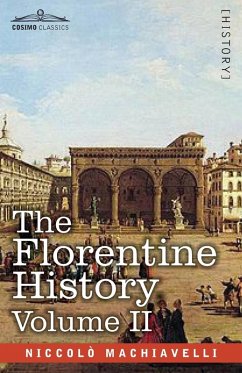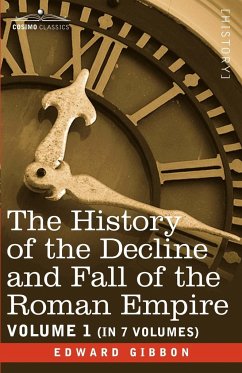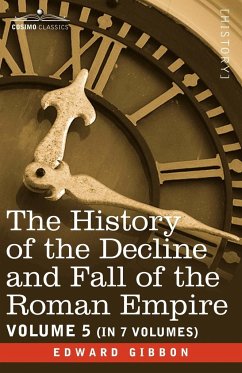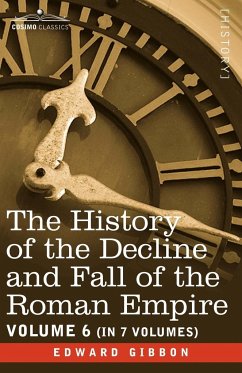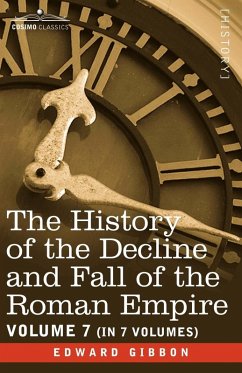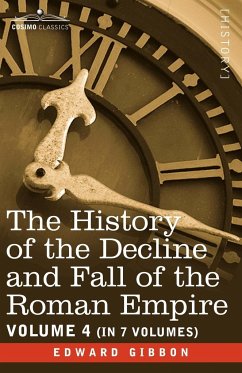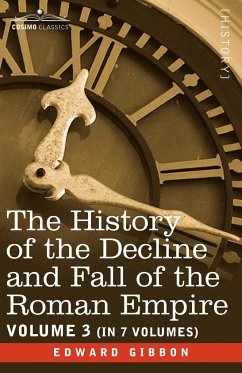"Virtue gives birth to tranquility, tranquility to leisure, leisure to disorder, disorder to ruin...and similarly from ruin, order is born, from order virtue, from virtue, glory and good fortune." -Niccolò Machiavelli, The Florentine History, 1532 Italian philosopher and diplomat Machiavelli was commissioned by Giulio Cardinal de Medici (the future Pope Clement VII) to write a history of Florence, The Florentine History (1532). This first volume of this two-volume book describes the history of Europe from the fall of the Western Roman Empire in 476 A.D. to 1215, followed by the history of Florence before the de Medici's ascent to power. The current edition was translated by Ninian H. Thompson and originally released in 1906. It is essential reading for students of Renaissance history and anyone interested in this fascinating history of Florence from one of the greatest political minds in history.
Hinweis: Dieser Artikel kann nur an eine deutsche Lieferadresse ausgeliefert werden.
Hinweis: Dieser Artikel kann nur an eine deutsche Lieferadresse ausgeliefert werden.


